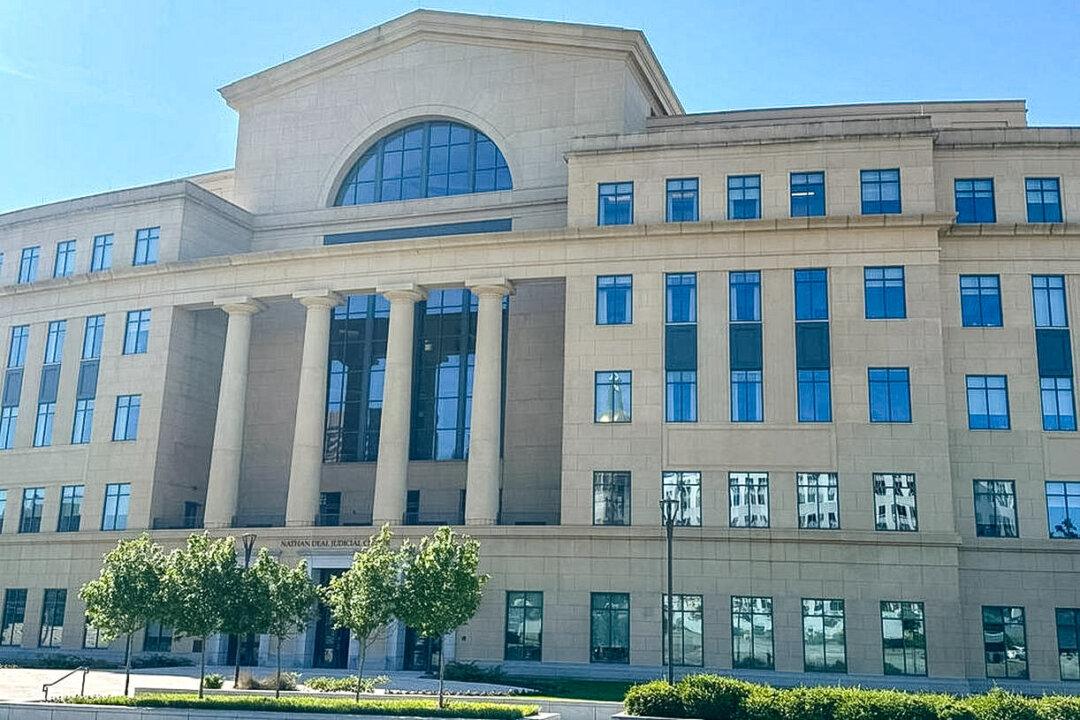A judge’s ruling striking down Georgia’s abortion ban was stayed on Oct. 7 by the Georgia Supreme Court.
The stay means the ban on abortions after a fetal heartbeat is detected will go back into effect as the case proceeds.

A judge’s ruling striking down Georgia’s abortion ban was stayed on Oct. 7 by the Georgia Supreme Court.
The stay means the ban on abortions after a fetal heartbeat is detected will go back into effect as the case proceeds.